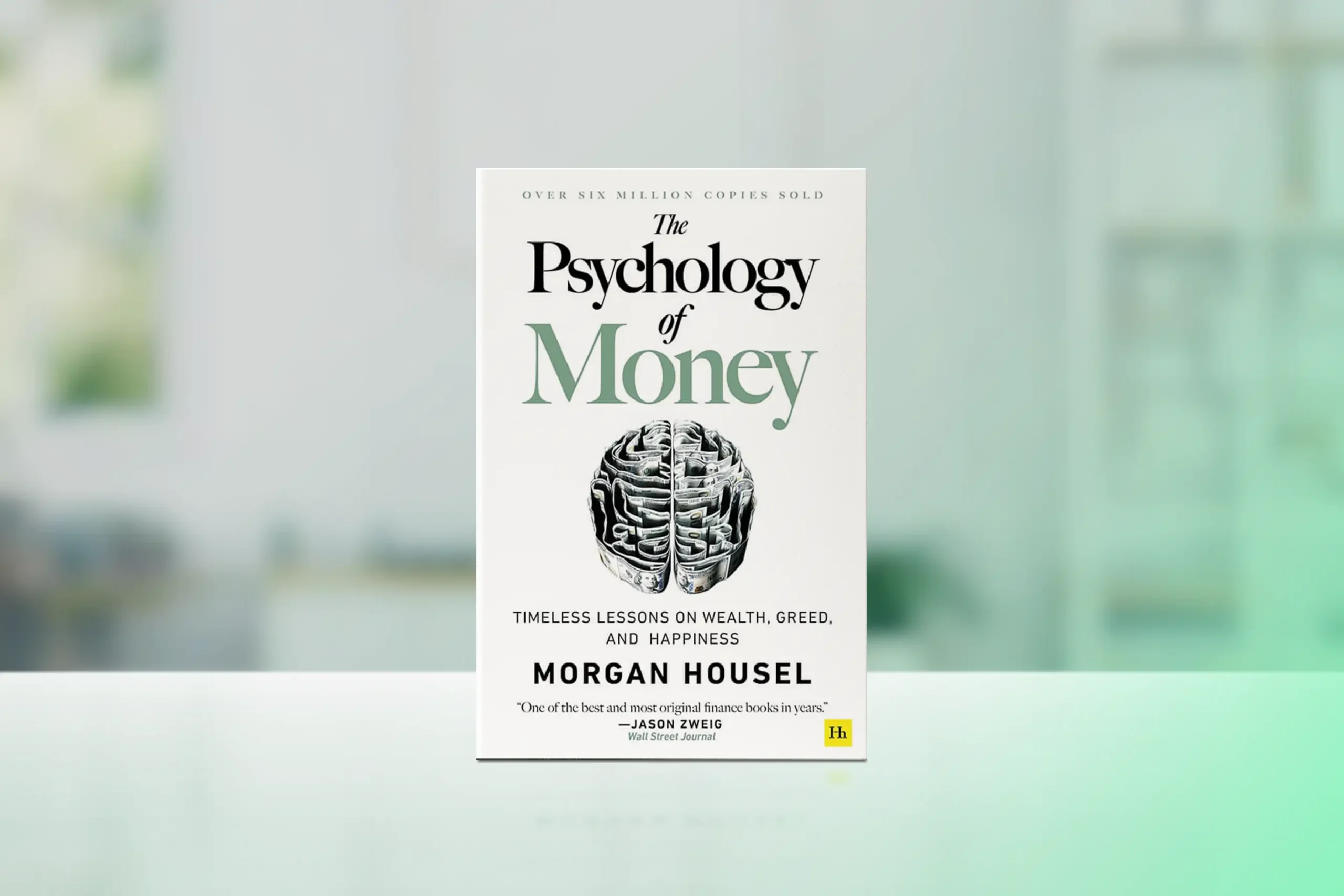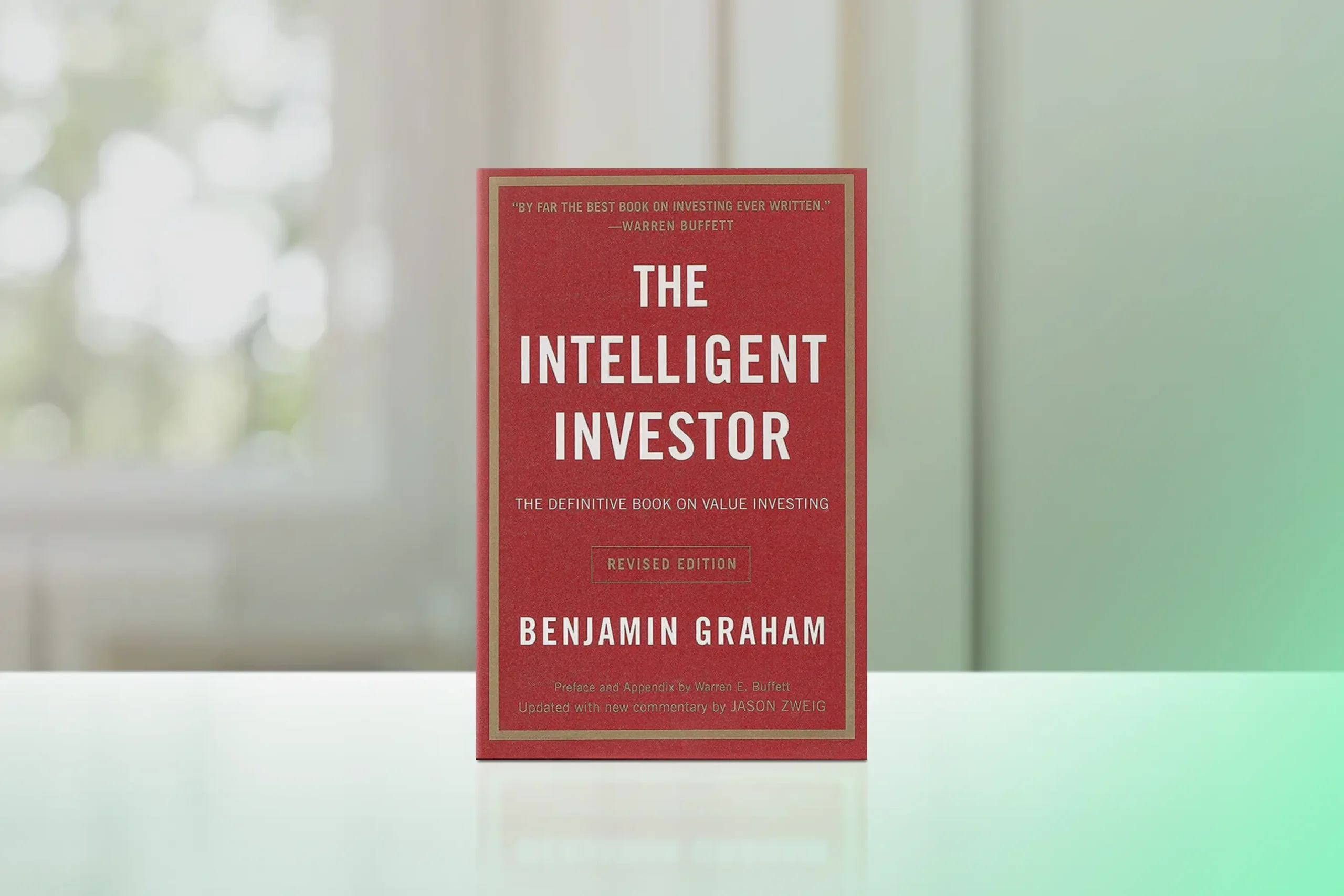Published in 2020, Morgan Housel’s “The Psychology of Money: Timeless lessons on wealth, greed, and happiness” offers a refreshing perspective on personal finance that focuses not on the mathematics of money, but on the human behaviors that drive our financial decisions. The core premise is that doing well with money has little to do with how smart you are and everything to do with how you behave, and that behavior is hard to teach, even to really smart people.
Core Concepts
Housel organizes his insights around several fundamental principles:
- Financial success is more about behavior than intelligence
- Everyone’s experience with money is unique
- The role of luck and risk in financial outcomes
- The importance of long-term thinking
- Why enough is enough: the psychology of satisfaction
Chapter-by-Chapter Review
No One’s Crazy
Morgan Housel explores how personal experiences shape our relationship with money, demonstrating why different financial decisions can seem rational to different people. Through case studies in behavioral finance, he shows how generational experiences like the Great Depression versus the 1980s bull market create distinct money mindsets.
Luck & Risk
This chapter examines how random events impact financial outcomes, challenging common narratives about wealth and success. Through compelling examples, Housel demonstrates how acknowledging luck’s role in financial success leads to more effective decision making.
Never Enough
Readers learn about the psychological traps of pursuing endless wealth and the importance of defining “enough.” Through cautionary tales, Housel illuminates the complex relationship between wealth and happiness, showing why successful individuals sometimes make catastrophic financial decisions.
Confounding Compounding
The author illustrates why patience and long-term thinking are crucial for investing success. Using historical examples, Housel shows how behavioral biases often prevent investors from benefiting from compounding, and provides strategies for overcoming these limitations.
Freedom
This section redefines wealth as having control over your time rather than just accumulating money. Through behavioral finance insights, Housel explains why traditional measures of financial success often fail to bring satisfaction, emphasizing that true wealth comes from having options.
Room for Error
The final chapters focus on financial planning that accounts for the unexpected. Housel connects personal finance psychology with risk management, showing how understanding behavioral biases helps create more robust financial plans while maintaining optimism about the future.
Key Strengths
- Engaging storytelling that makes complex concepts accessible
- Rich with historical examples and case studies
- Focus on practical psychology rather than technical details
- Timeless principles that apply in any market condition
- Clear, concise writing style
Potential Drawbacks
- Limited technical investment advice
- Some concepts are repeated throughout the book
- May feel basic for advanced investors seeking specific strategies
Who This Book Is For
This book is particularly valuable for:
- Anyone looking to develop a healthier relationship with money
- New investors seeking to build good financial habits
- Experienced investors wanting to understand their behavior better
- Parents teaching their children about money
Final Review
“The Psychology of Money is a masterpiece of behavioral finance that transforms complex money concepts into simple, powerful insights. Housel’s approach helps readers understand not just how money works, but how our minds work when it comes to money.
Through compelling storytelling and real-world examples, he masterfully illustrates how our personal experiences and biases shape our financial decisions. The book’s greatest strength is its ability to change how readers think about wealth, success, and happiness.
Rating: 4.7/5
An essential read that will transform your relationship with money by focusing on the behavioral aspects of financial success.
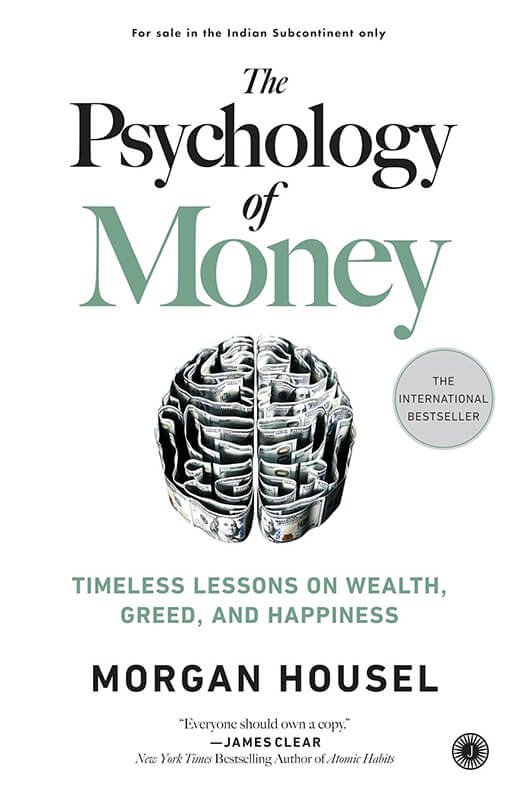
Alternative Books
For readers interested in exploring similar themes found in “The Psychology of Money”, consider these highly-rated alternatives:
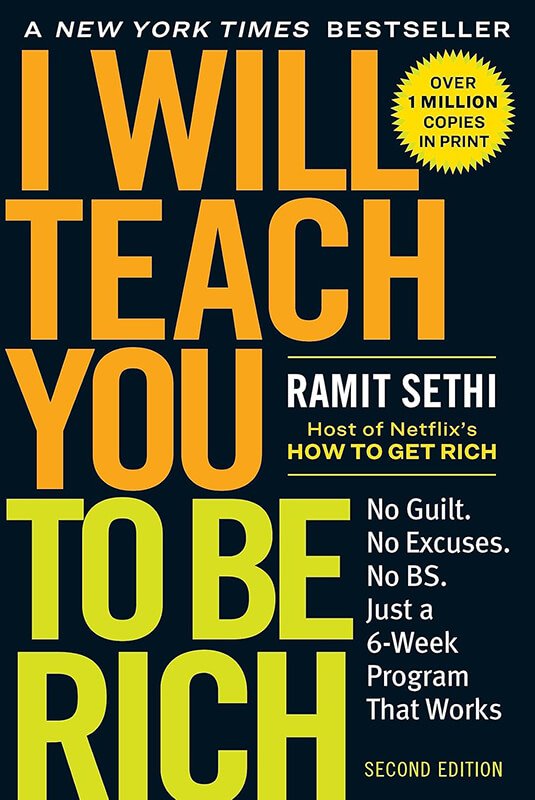
“I Will Teach You to Be Rich” by Ramit Sethi
A practical approach to personal finance with a focus on psychology and automation.
Rating: 4.5/5
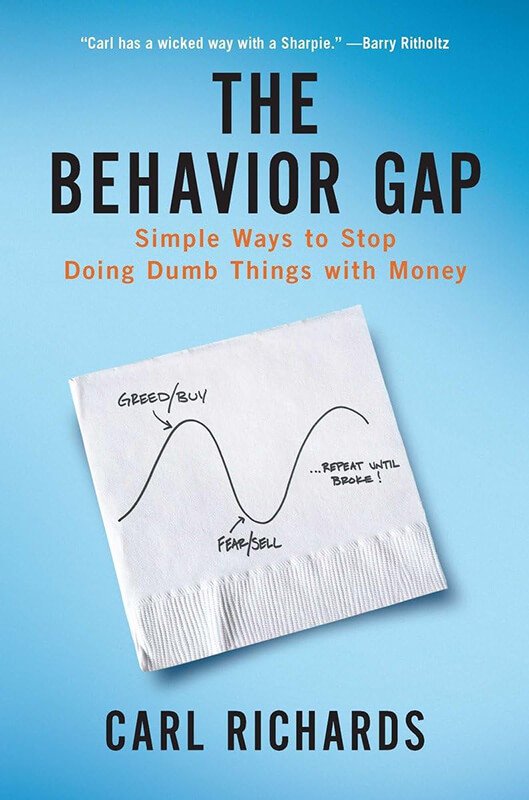
“The Behavior Gap” by Carl Richards
Explores the psychological factors that lead to common financial mistakes.
Rating: 4.5/5

“Your Money or Your Life” by Vicki Robin and Joe Dominguez
A holistic approach to understanding the relationship between money and life satisfaction.
Rating: 4.5/5

